
Delhi2:40 PM | 27th April 2024
India is rich in its human resource and our much talked about demographic dividend would not be completely leveraged if we don’t strengthen our schooling system. Further, education in schools, teaching-evaluation patterns and every other parameter must be assessed properly.

Er. B.S. Yadav, Chancellor of IES University, Bhopal, tells Education Post’s Tanay Kumar about the importance of a strong secondary education and its effect on higher studies.
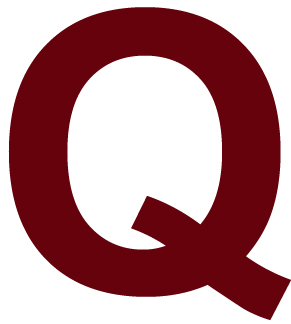
I belong to the Sagar district of Madhya Pradesh and I completed my secondary education from the Madhya Pradesh Board. In 1990, I completed my 12th Boards from a government school in Bina district, which is a two-hour drive from Sagar. Back in the 1980s or 1990s, a majority of schools in the state were government run.
In 10th class, I topped the subject of general knowledge in the whole Sagar division, comprising of six districts. For this achievement, the state government awarded me with the book, Discovery of India, by our former Prime Minister Jawaharlal Nehru. In those days, resources were limited, and we were curious to know about the happenings around us any which way we could.
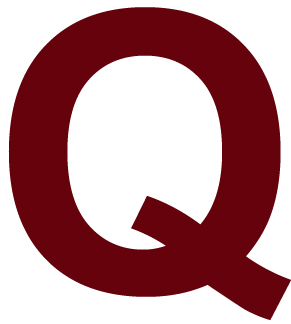
It’s a very relevant question and also a very crucial one. Some people in higher education institutions (HEIs) are not able to assess the importance of school education. Each year, lots of seats in many HEIs remain vacant. I see two reasons behind this plight: first, the intelligent quotient (IQ) of students, and second is their capability. Both of them become the foundation of any tertiary education. How can a student do well in graduation and afterwards, if the basics haven’t been taught well at the primary and secondary levels?
By the contribution of both the public and private partners, school education must be planned and devises in such a way that it makes a student strong in their academic and analytical approach. Students should be encouraged and guided to take their career streams by their own inclination and that’s why fundamentals of that particular stream must be rock solid. For example, for mechanical engineering students, fundamentals of mathematics and physics have to be strong.
India is rich in its human resource and our much talked about demographic dividend would not be completely leveraged if we don’t strengthen our schooling system. Further, education in schools, teaching-evaluation patterns and every other parameter must be assessed properly.
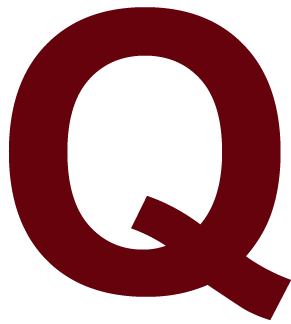
Yes, our university is a member of many associations, like the Association of Indian Universities (AIU), NASSCOMM, Confederation of Indian Industries, ASSOCHAM and others. These associations help us with access to their academic repositories, industrial networks, and mentorship by the organizations’ veterans. We keep conducting different training programs for our students and we also call experienced personalities from those organizations for several workshops and sessions.
These collaborations help students understand the relevant industry, incubation, funding and other aspects of entrepreneurship. Recently, with the AIU, IES University organized a western-zone chess tournament for women and over 700 girls participated in the tournament.
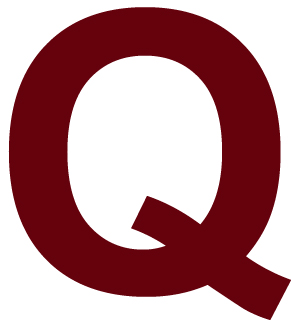
In technical courses, we have good ties with Microsoft. We have an exclusive Center of Excellence where global organizations like IBM play an important role in mentoring and guiding our students. We have ties with Virtusa, which is a renowned name in digital engineering.
Our nursing students keep getting training opportunities in Japan.
Our agricultural department has collaborated with many local farmers and some NGOs that are actively working in the agrarian sector. We have started providing internship opportunities with companies that have good ratings by NASSCOM. We also have ties with LinkedIn and Coursera for several certification courses.
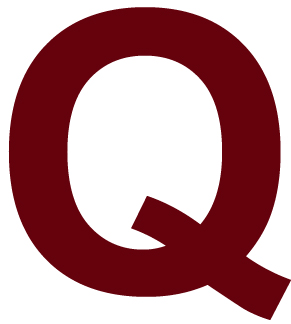
We have collaborated with several skill councils as well. Further, we have a separate vertical at our campus where we have a proper center of Prime Minister Kaushal Vikas Yojana and another one is of Deen Dayal Upadhyay Gramin Kaushal Vikas Yojana (DDUGKVY). Apart from these two, we are aiming to have collaborations with other skill councils and institutions. We also invite other academic institutions and colleges to benefit from our skill centers.
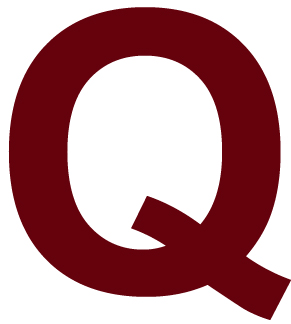
The Indian government has always stressed on the importance of internships even before the NEP 2020 came into place. At IES University, we help our students in getting internships at their preferred firms. We have our own hospital and medical faculty at the university, where nursing students are trained. We also guide them if they want to intern at another hospital, whether it is a government or private hospital.
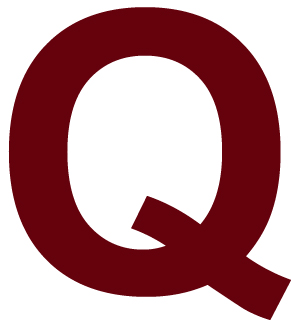
Being a citizen of a Hindi-speaking state, we always encourage and promote the Hindi language, but when it comes to technical and science courses, English plays a bigger role. Around the world, a majority of work in the science and technology field is available in the English language, ranging from numerous books to research papers and which is why education in science and technology must be done in English.
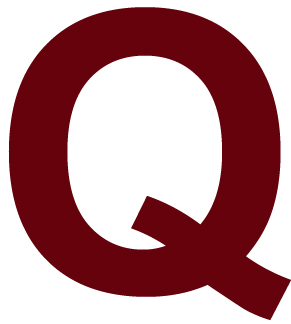
Discovery of India influenced me a lot. I learned a lot from the books that Swami Vivekanand wrote. In fact, reading about his whole life is an inspirational one and we also encourage our students to read about Swami Vivekanand’s life.
Copyright© educationpost.in 2024 All Rights Reserved.
